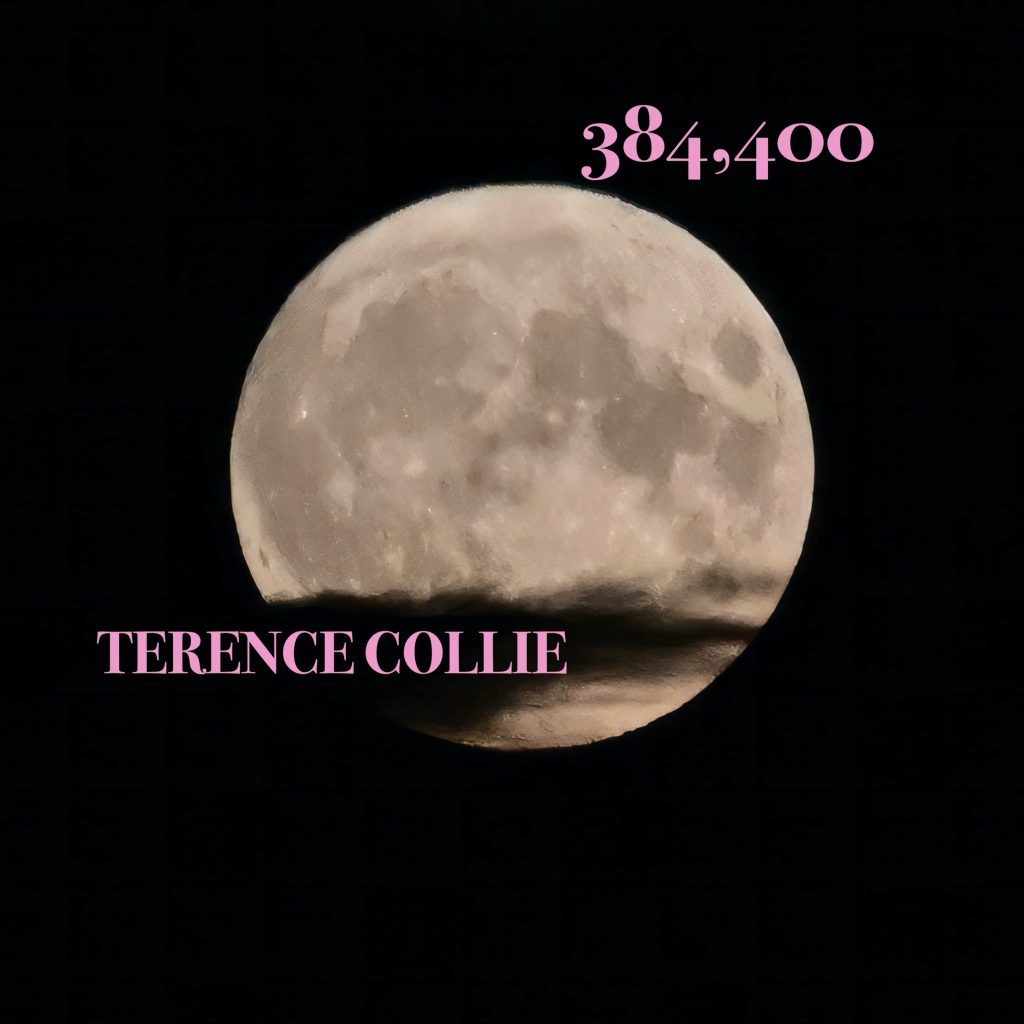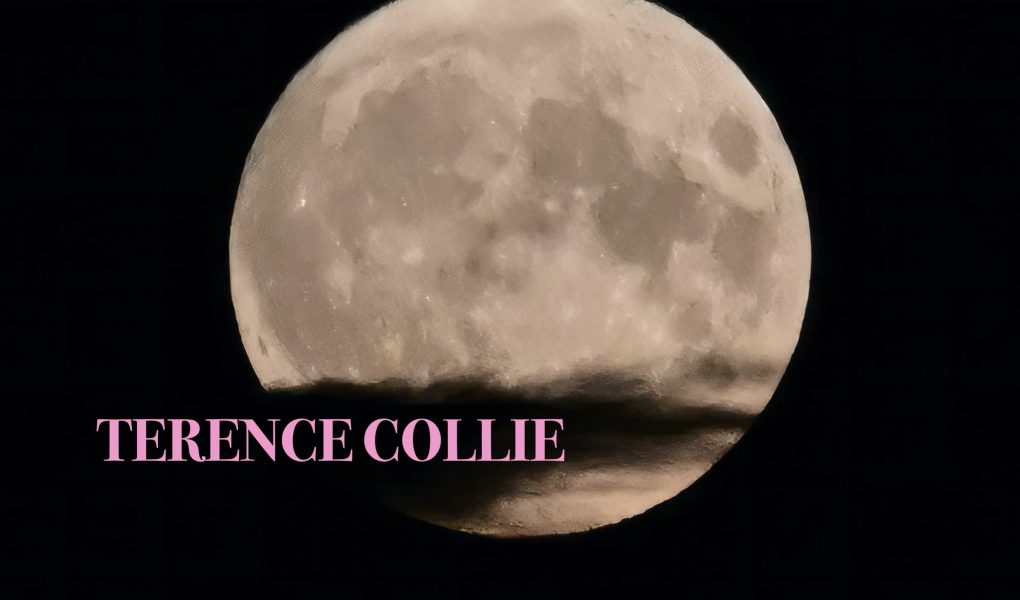
Terence Collie is a talented pianist, composer, and leader. At age seventeen, he joined a band in Jersey, Channel Islands which led to a weekly gig at the Blue Note Bar in St Helier, where he experienced playing supportive concert slots for visiting artists including Teddy Edwards, The Average White Band, Georgie Fame, Andy Sheppard, Jason Rebello, and Digby Fairweather.
In 2011, after a move to the mainland, a residency in Cambridge, and a diploma in music, Collie started the jazz-fusion band Prison Break and began to play and record his own compositions.
Since 2012 his partnership, Mood Indigo Events has curated jazz concerts and events, with many high-profile international artists taking part. Collie curates monthly events at Riverside Arts Jazz and Jazz on the Plaza in Hampton, London and since 2020, he has collaborated with the Brecon Jazz Festival to include Brecon Jazz Festival London Day.
As a sidesman, Collie has performed with The Kyle Eastwood Band, Aisling Iris, Tony Woods, and Jo Harrop to name just a few. He has performed at prestigious venues and festivals across the UK.
Collie’s previous releases include quartet albums with Prison Break in 2011 and 2013- prison Break comprised Ritchie Garrison on sax, Joe Sam on bass, and John Sam on drums. The albums were titled ‘Doing Time’ and ‘And Again’ respectively and in 2017 Collie recorded a piano trio album titled ‘TC3 Plus’ with Collie on piano, bassist Paul Michael, and drummer Rha Stranges with strings added to some of the tracks, courtesy of violinist Agata Kubiak, viola player Raisa Zapryanova and ‘cellist Andrea Derdák.
He has performed with his trio at the Brecon festival under the name Panoply and his solo album ‘Reminiscent,’ released in early 2023 was well-received. After the success of ‘Reminiscent,’ Collie wanted to keep the creative process rolling and compose and record new material using a similar recording process. He would book the room, set up the mics and recording equipment, record all the material in one session, and use no more than three takes per track. The only difference this time was there would be four musicians playing, not just one! The result was five original compositions and two jazz standards. The album features roaring virtuoso Italian saxophonist Roberto Manzin ( Dan Banks, Wild Card, Tony Scott Jazz Quintet, Donna Summer, Jason Rebello, and a lot more), the hard swinging UK-based American drummer Ted Carrasco (Gilad Atzmon’s Orient House Ensemble, Jim Mullen, Bobby Wellins, Alan Barnes, Mark Nightingale and more) and British bass player and Guildhall graduate with impeccable time and feel, Nick Lenner-Webster.
‘The Flamekeepers’ is an uplifting track with a steadfast rhythm section, across the top of which soars Manzin, the melodic tenor sax line ebbing and flowing to allow the piano its spot in the light, before re-entering with its definitive lines – plus some glorious, improvised touches. Of the track, Collie says, “Jazz and the arts have had a hard time over the last half-century and an even worse time since the pandemic. A lot of musicians I book to play with, along with our audience members, have recently spoken of their gratitude for the events I put on and for creating new music. Despite the odds, I feel like we are the flame keepers keeping the torch alight. When I composed this tune I wanted an uplifting feel and a beautiful melody with a fun-to-improvise-over chord sequence.” This, Collie has achieved in spades with this glorious, well-worked number. Of note too are the intricate rhythms kept up by the drums and the bass line which provide resolute scaffolding around which the others can flow.
Romberg’s ‘Softly As In A Morning Sunrise’ is re-imagined with a double-dotted crotchet, cross-timed feel for the A section, a re-harmonized B section, and a modulation for the C section thrown in for good measure (Collie told me). It is a beautiful re-working, with a gorgeous, evocative solo from Manzin whose powerful delivery adds weight and depth to this number before bowing to the piano solo from Collie which offers not so much power and drive but intricate, challenging travels across the keys and some complex changes. A wonderful version of the number.
Of ‘384,400’, Collie says, “I wrote this piece when a recent astronomical event put the moon in the news, and I thought I’d use that as inspiration for a new tune. I’ve never played Debussy’s ‘Clair de Lune’ and I’m not in the habit of trying to ‘jazz up’ classical music. It has such a well-known melody, so I began playing it by ear and then writing a contrafact which became my A section. I changed the time and key signature, used ‘jazzier’ chords, and then composed a new B section. I then thought it might be a nice touch to reference the original melody in a free rubato style as an introduction for the recording. The title of this piece refers to the average distance between the moon and the earth in kilometres.” The Introduction that comes before the piece serves to kindle memories of the theme of Debussy’s famous piece before the track, ‘334,400’ which is a wrapping of the melody carefully entwined in Collie’s composition. Again, Manzin rises to the occasion and creates a glorious solo, with gentler tones and a more lyrical style of playing, while the solos and harmony lines from Lenner-Webster and Collie add rich depths and changes, with a concert-style flourish to the final bars.
‘Solstice D’Ete’ is a swingy, gently paced number with solos from piano, sax, and bass over intricate, pinpoint percussive leads. Collie says, “I composed this piece on or around the summer solstice. I’d gone back to learning French again and I think the title sounds so much better in this language.” Whatever the language, the music speaks here.
‘Brecon Blues’ is a weighty, bluesy, number that allows the sax to follow its flowing lines to rise with the music, improvise the heck out of the chords, and return to the base harmonics where it chooses. A delight on the ears and the powerful gusto of Manzin is felt. The counteraction of Collie on the piano is superb, with intricate, challenging changes opposing Manzin’s weighty energy beautifully before the bass and drum conversation, into which the piano drops the resolute rhythm pattern, takes the music back to the sax, and the outre of this wonderful number. ‘August’ is a more traditionally arranged number, with plenty of room for each musician. Collie says, of the two tracks, “I originally composed both pieces when I was invited to perform in the Brecon Jazz Festival London Day in August 2021. I thought it would be a nice touch to compose two songs for the occasion. Originally performed as a piano trio, I really love how they sound with the quartet and Roberto’s playing. “I agree. Manzin takes the top line to a new level.
Legrand’s ‘What Are You Doing The Rest of Your Life’ is treated well here, with Collie playing solo. His interpretive, lyrical playing brings out the best in this number. He says, “It’s always nice to have some familiar songs on an album of original material and by way of contrast I thought I’d play this solo. This is such a beautiful song and one I rarely play or hear performed.” Collie does it justice and gives due respect, making this a lovely track with which to finish a superb album.




